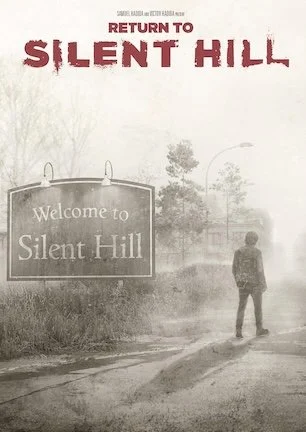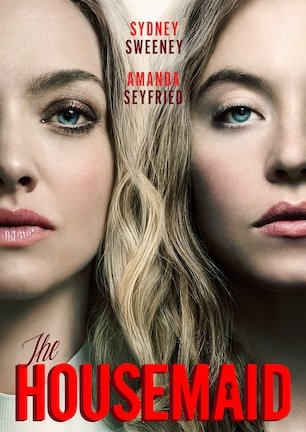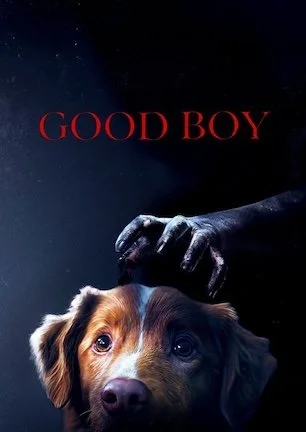Studio: IFC Midnight
Director: Fritz Bohm
Writer: Fritz Bohm, Florian Eder
Producer: Celine Rattray, Trudie Styler, Charlotte Ubben, Liv Tyler
Stars: Bel Powley, Brad Dourif, Collin Kelly-Sordelet, James Le Gros, Liv Tyler, Troy Ruptash, Keenan Jolliff, Mike Faist, Charlotte Ubben, Arlo Mertz, Aviva Winick
Review Score:
Summary:
A teenage girl rescued from a life of captivity discovers a supernatural secret related to her true identity.
Review:
To populate a reductive “it’s like” equation for encapsulating “Wildling,” one could describe it as “Room” meets “Raw,” except with werewolves instead of cannibals. Co-writer/director Fritz Bohm begins his dark fable about transitional adolescence with a young girl, Anna, confined in an attic with a barred window and electrified doorknob. The perversion in play here doesn’t involve sexual slavery however. Anna’s captor operates under a notion of warped altruism, having appointed himself her savior from forces maybe more fearsome than he is.
Anna’s benevolent jailer has a name, although Anna only knows him as ‘Daddy.’ Brad Dourif does what Brad Dourif does best in the role, positioning Daddy on a seesaw teetering toward quietly psychotic intensity and tottering in the direction of unsettlingly invested affection. Daddy comes off as a strangely compassionate creep, with Dourif’s disconcerting duality tying a bow on a riddle where we cannot be certain which of these two people should be pitied more.
Feeding Anna a steady diet of vegetables and bedtime stories about a child-eating ‘wildling,’ Daddy has Anna convinced that to step outside would be an opportunity for this unseen creature to kill her. Anna also comes to believe not only that babies come from berry bushes, but that she and Daddy are the only two people in the world.
Daddy’s figurative leash starts loosening when Anna enters puberty. Unable to control her metamorphosis, not into a woman but into the wildling she actually is, Daddy finds a way out of fictionalized fatherhood by firing a bullet into his mouth. Anna in turn finds a way into a frighteningly wondrous world when a sheriff summoned to the scene takes Anna home while DNA tests determine who she really is.
For someone previously unfamiliar with red meat, sex, society, or anything outside of the attic, Anna acclimates fast. You’re likely to hear plenty of deserved praise lobbed at Bel Powley for her saucer-eyed portrayal of Anna. Anna’s fish is more than out of water. She may as well be on another planet. Nevertheless, formidable fortitude hides behind Anna’s confused pout, so when each little girl layer peels to reveal the woman underneath, her arduous journey reads as an authentic evolution. Powley knows precisely when to play a card close to her vest and when to unleash Anna’s voracious appetite for experience, creating a complex character almost entirely through expression.
Where that arc ultimately takes Anna is open to some interpretation, as “Wildling” muddles its metaphors with storytelling threads that lose sight of their themes. Other reviews have called “Wildling” a quiet treatise on everything from paternal fears of a daughter’s sexuality to the importance of female influence to a teenager simply struggling with self-identity. This inconsistent range of possibilities says more about how (un)successfully the movie conveys its intended meaning than how ambiguity invites personalization.
Fritz Bohm and Florian Eder’s script focuses so firmly on major beats that minor ones only support scenes without contributing to world building believability. A number of whys get in the way of the film’s fiction. For instance, why does Liv Tyler, who plays the kindly sheriff, live with her younger brother, who happens to be Anna’s age? Wouldn’t it make more sense for their relationship to be written as mother and son instead of as siblings? And why is Tyler permitted to take Anna home pending DNA results? Wouldn’t a social worker be involved? More importantly, what difference is DNA going to make when authorities certainly aren’t returning Anna to Daddy anyway?
I feel it necessary to caveat that I am a man born in the 1970s, which quite possibly compromises inherent ability to relate to a tale of a teenage girl’s maturation. Yet as much as I’m willing to concede that my mind’s preprogramming might be to blame for preoccupation with what should be irrelevant errata, I’m also entertaining the idea that the film’s lax details impede immersion instead. After all, I didn’t encounter similar obstacles with “Raw” (review here), “Super Dark Times” (review here), or other coming of age thrillers that spring to mind.
I’ve no better break to insert this observation, but it also bears mentioning that the movie’s lighting is distractingly dark. This is almost a somewhat scandalous sting as D.P. Toby Oliver is an otherwise slam-dunk cinematographer, having lensed outstanding looks for “Get Out” (review here), “Happy Death Day” (review here), and more. I don’t know what happened here, but “Wildling” has several sequences that are next to impossible to see clearly.
What I keep coming back to when I reflect on Bohm’s staging and structure are elements that are incompletely considered or misguidedly conceived. The movie misses necessary ingredients to take context further, so that unprotected sex and pregnancy aren’t portrayed as storytelling solutions much less salvation.
All roads in “Wildling” always lead back to Anna, which is understandable to an extent for a character study. Except everyone else has minimal agency to express his/her own individuality, appearing only when it is convenient to move Anna’s position and then disappearing into irrelevance. Secondary characters largely exist to build bridges for plot points when primary players are unavailable, such as a weirdo ‘Wolf Man’ who supplants Daddy’s exposition responsibilities, or a deputy serving interim villain duties while Daddy is similarly indisposed.
Highlight reel performances from Powley and Dourif, along with strong support from Tyler, still manage to write an invitation to engagement through their personalities, even if it is on a superficial level. How deep the film cuts emotionally remains a matter of debate, although “Wildling’s” humanity wrapped in werewolf’s clothing has the capacity to stir interpersonal reflection. If subtext were to scream with louder conviction, we might unmistakably be able to hear what “Wildling” wishes to say.
Review Score: 60






While the 110-minute runtime could use a trim to maintain more energy, “Redux Redux” is an easy recommend for anyone who enjoys low-key sci-fi.